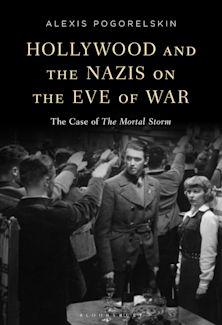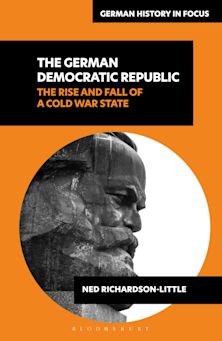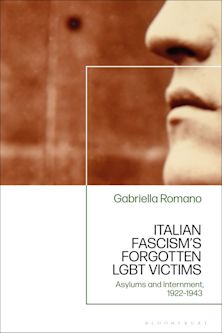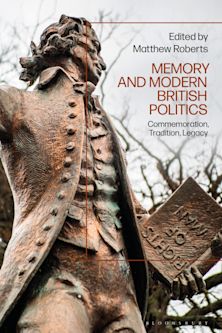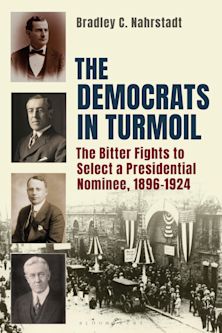Reinhold Niebuhr in Theory and Practice
Christian Realism and Democracy in America in the Twenty-First Century
Reinhold Niebuhr in Theory and Practice
Christian Realism and Democracy in America in the Twenty-First Century
This product is usually dispatched within 1 week
- Delivery and returns info
-
Free CA delivery on orders $40 or over
Description
American public life is gripped by a tumult that it has not experienced in at least half a century. Resentment, distrust, despair, fear, envy, and outrage are the passions of the day. Yet it was not long ago that political scientists and theologians could speak of a “Niebuhr renaissance” marked by an appreciation of moral paradox, ethical nuance, and a recognition of the irony of American history. American political leaders from Barack Obama and Hillary Clinton to George Bush and John McCain referenced Reinhold Niebuhr as an important influence on their political understandings. Columnists like David Brooks commented on the political condition of contemporary America, and scholars from Gary Dorrien and Daniel Rice to Richard Crouter developed academic accounts of Niebuhr’s political realism. From an insistence on political purity, to a wariness of international institutions and the claims of expertise, to a rejection of whole categories of public goods – it would be difficult to find a more significant shift from the principles that shaped statecraft and public policy during Niebuhr’s prime to those that are foundational in the age of Trump.
Reinhold Niebuhr in Theory and Practice: Christian Realism and Democracy in America in the Twenty-First Century explains the collapse of the Niebuhrian renaissance in public life and the ascendance of the “children of light and the children of darkness” in the 2016 election. Our focus is Niebuhr himself and what the encounter between his own theology and his practical political experience might reveal in our contemporary situation. Niebuhr tells us that he does not offer precise policy prescriptions. But Niebuhr was a prolific author, and his works offer insights both into what realistic and Christian public policies would look like, and perhaps more importantly into how citizens should think for themselves about the political challenges of our times. Our aim, then, is to reassert the possibility of a distinctly Niebuhrian public intellectualism and a distinctly Niebuhrian political practice in the wake of the 2016 election.
Table of Contents
Chapter 2: Reinhold Niebuhr’s Political-Theological Foundations
Chapter 3: Niebuhr on Economics, Government, and Social Justice
Chapter 4: Reinhold Niebuhr on the Irony and Tragedy of American Foreign Policy
Chapter 5: The American Public in 2016: Anyone But Niebuhr?
Product details
| Published | Dec 05 2018 |
|---|---|
| Format | Hardback |
| Edition | 1st |
| Extent | 244 |
| ISBN | 9781498576697 |
| Imprint | Lexington Books |
| Dimensions | 231 x 160 mm |
| Publisher | Bloomsbury Publishing |
Reviews

ONLINE RESOURCES
Bloomsbury Collections
This book is available on Bloomsbury Collections where your library has access.




















